
As children get set to head into the sun, grass, and water, now is the perfect time to remind patients and parents about best practices, treatments, and preventive measures.

As children get set to head into the sun, grass, and water, now is the perfect time to remind patients and parents about best practices, treatments, and preventive measures.
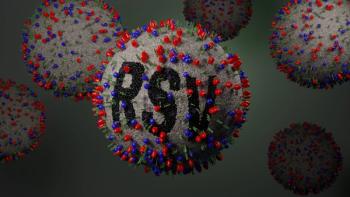
In unanimous fashion, the FDA AMDAC voted 21 to 0 that nirsevimab has a favorable benefit risk profile for the prevention of RSV lower respiratory tract disease (LRTD) in newborns and infants during their first RSV season.

Investigators state public health strategies should prioritize early detection of mental health needs and equitable access to it, as some Medicaid-enrolled children are not receiving mental health services following a firearm injury.

An increase in outpatient visits that included an anxiety diagnosis was also met with a decrease in treatment visits, while there was no significant change in the overall use of medications in all time periods.

"I am impressed with how far we have come in being able to suture much more humanely and in how well so many of these youngsters did without sedation," said Jon Matthew Farber, MD.
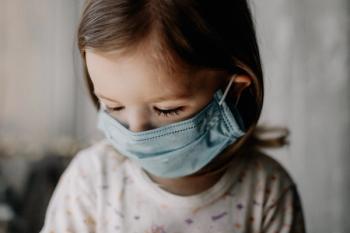
Following household COVID-19 transmissions for over 3 years, investigators found that 70.4% had a pediatric index case.
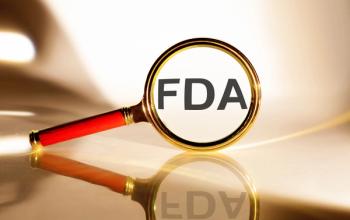
Semaglutide (Wegovy; Novo Nordisk) for obesity in adolescents, along with 2 other approved products containing semaglutide, are currently on the FDA’s drug shortages list, prompting the agency to warn patients and providers about drug compounding.

The at-home test correctly identified 98.7% of negative and 92.9% of positive samples for individuals with signs and symptoms of upper respiratory infection, according to a study reviewed by the FDA.

Results from the phase 3 CHAMP trial may support low-dose atropine as a pharmacological treatment option for myopia progression in children.
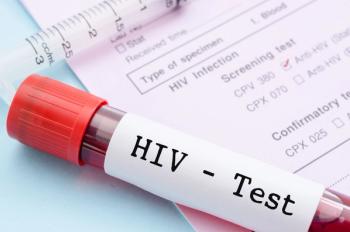
Compared to 2017, new HIV infections overall were 12% lower in 2021, falling from approximately 36,500 to 32,100 infections, respectively, according to the CDC.

Some staffing problems stabilize with financial incentives, and technology helps, but an AMGA report shows predictions for this year hold true.

A recent study looked at how patients with type 1 diabetes used telehealth during the pandemic, and how it has influenced their preferred method of health care.

In a recent study, rates of stillbirth were higher in pregnancies with increased maternal body mass index.

Results of the study, which was an analysis of accelerometry data the TEDDY study, indicate every 10-minute increase in daily moderate to vigorous physical activity was associated with an 8% reduction in risk of progressing to type 1 diabetes, but this association was not present among those who were single islet autoantibody-positive or single islet autoantibody-negative.

Providers who refer patients for clinical hypnosis must ensure that the chosen hypnotherapist has appropriate knowledge about the patient’s gastrointestinal condition and has conducted clinical hypnosis for it.
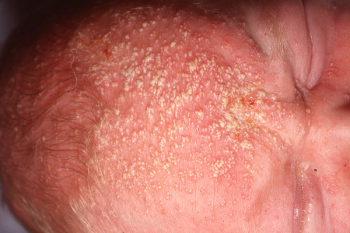
A previously healthy 2-week-old girl developed multiple, asymptomatic pustules on her scalp, forehead, eyelids, and upper cheeks. She has been growing and developing well with appropriate weight gain. What's the diagnosis?

Risk detection practices and targeted interventions promoting adaptive developmental trajectories for at-risk children can be successful by identifying the earliest antecedents of persisting emotional and behavioral dysregulation.

Timing of administration of epinephrine was not associated with survival to discharge for pediatric out-of-hospital cardiac arrest patients, but overall use of epinephrine was.

Participants who only initiated non-stimulant therapy for ADHD had significantly greater odds of past-year prescription stimulant misuse than the population controls.

Part of the risk of developing kidney involvement begins when type 1 diabetes mellitus (T1DM) sets in and establishes itself in the patient, with up to 65% of children experiencing acute kidney injury during T1DM onset, which can further predispose to the development of future chronic kidney disease.

In this Contemporary Pediatrics® interview, Benjamin Maxwell, MD, chief of child and adolescent psychiatry, Rady Children’s Hospital, San Diego, California, details the rise in pediatric mental health concerns, emergency department visits, and the potentially concerning aspects of social media among youth.

Expanding peripartum prophylaxis could be more cost-effective, but would likely lead to significant over-treatment.

Devan Jaganath, MD, MPH, pediatric infectious disease physician, University of California San Francisco Benioff Children's Hospitals, explains how Hyfe AI and other artificial intelligence algorithms can detect and monitor coughing, potentially playing a role in treating RSV patients.

In a recent study, cardiovascular disease events were seen more often in women with irregular or long or short menstrual cycles.

In a recent study, induction of labor was found safe and beneficial in pregnant women at 39 weeks of gestation, with increased risks only seen for shoulder dystocia in nulliparous women.

New data indicates that increased risk for offspring in developing different disorders is associated with maternal alopecia areata exposure, expanding the available information on alopecia and maternal autoimmunity.

Family history, seasonal change, swimming, and several other factors can contribute to dry skin, according to the Society for Pediatric Dermatology.

Over 50% of parents said they have used pre-owned child health and safety equipment. Whether it comes from family or a stranger, from cribs to car seats, all equipment should be inspected and researched before allowing a child to use it according to a C.S. Mott Children’s Hospital National Poll on Children’s Health.
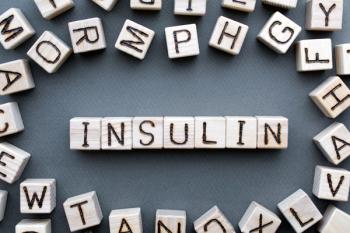
The Beta Bionics iLet ACE Pump and the iLet Dosing Decision software, matched with a compatible FDA-cleared integrated continuous glucose monitor, use an algorithm to determine and command insulin delivery to users.

Accelerating bivalent booster vaccine campaigns for children could reduce pediatric hospitalizations and school absenteeism.